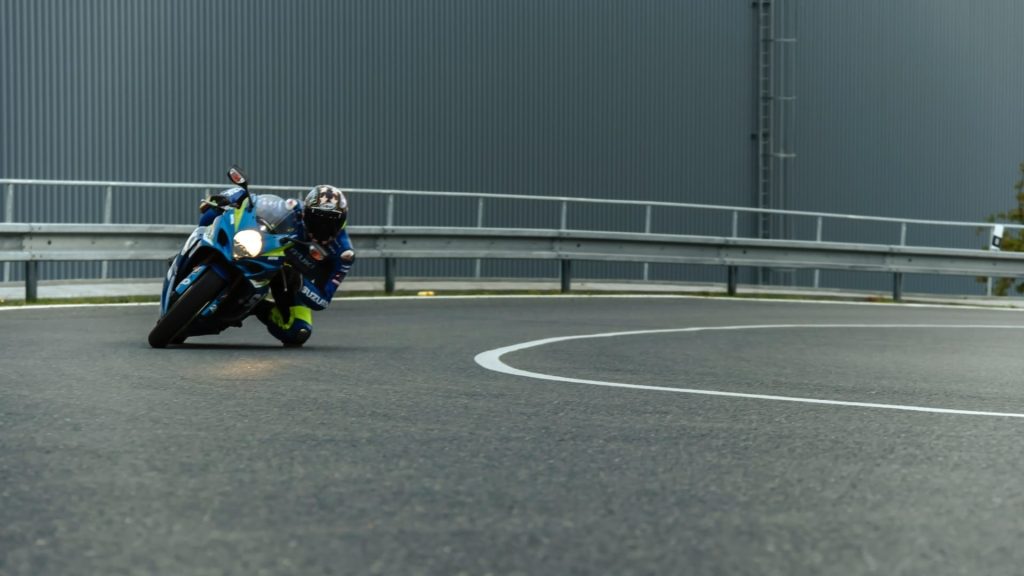Google is a speed demon. Ever since the beginning of Chrome, Google has placed importance on how fast websites load, seeing it as a fundamental component in user experience. Since then, speed has become a key ranking factor for the search engine giant.And its impact is considerable. Over a decade ago, Amazon concluded that its sales would decrease by 1% for every 100ms delay in response time on their site – that amounted to a cool $245 million over the course of a year. Clearly this sum would be in the billions today! The world has only got faster since then, and Google is leading the charge with the forthcoming release of a new ‘badging’ system aimed at rewarding faster sites and punishing slower ones.
Google Chrome – The Badge
In a recent post, Google developers announced that their new badging system (which is still being worked on, and has no certain release date) is intended to identify sites that are slow because of the way they’re built, through Google Chrome. It may one day indicate when a page is lagging due to the user’s device or network conditions too.How it’ll work
Although the ideas are still in the development stages, it seems that Google has three ways to ‘badge’ the speed of sites on Chrome. The first is through a loading screen, which tells the users if the site they’re navigating to usually loads slowly. The second is through a loading bar, most likely on mobile devices, which flashes green when going to fast sites and (presumably) red when going to slow ones. The last idea, which the developers have left deliberately ambiguous, is a ‘context-menu’ for links – this is likely to be a marker in search results which gives the user an idea of typical site speeds before clicking through.Why Should You Care?
This update is a further indication from Google that site speed is essential for a great user experience. Though site speed has been a ranking factor since 2010 (at least on desktop), it’s set to become even more important as users have greater visibility on which sites are the fastest, and which are trailing behind. The fastest sites will continue to be ranked higher and get more traffic as a result of their badge status due to a higher CTR from search. Research also suggests that bounce rates increase by as much as 32% as page load times go from 1 to 3 seconds.Given how important speed is to SEO, it’s a good idea to measure how rapid your site is. Tools like WebPageTest, Page Speed Insights, Google Lighthouse, and GTMetrix all measure how fast your site responds and provide suggestions on how to improve.First steps
As a starter, though, there are a few easy things to do to get your site running at pace:- Ensure all images are no larger than 200KB
- Minify HTML, CSS, and JS
- Remove any surplus plug-ins
- Enable browser caching
- Utilise Content Delivery Networks for websites operating across different geographical regions.









